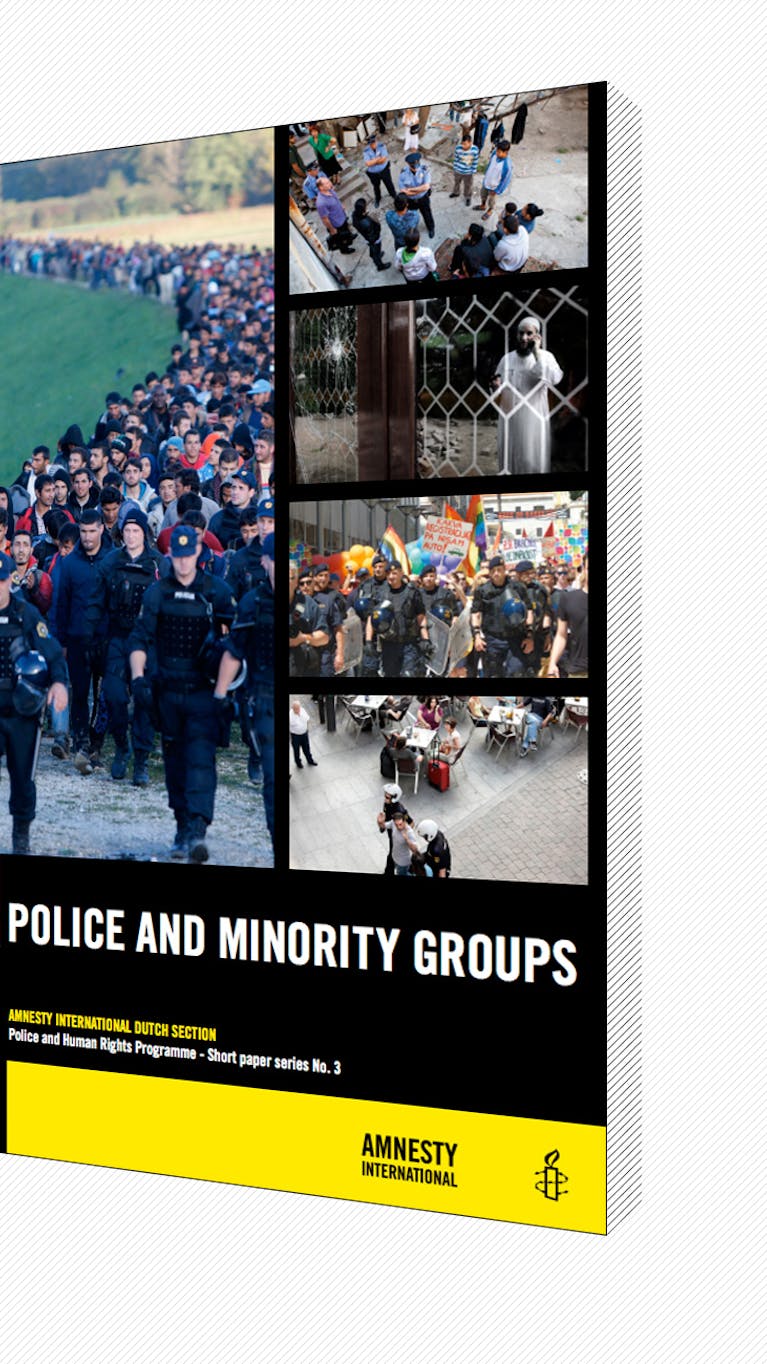
Short paper series no 3: Police and Minority Groups
In 2016, PHRP finalized the third paper of the short paper series on Police and Minority Groups. Police have a duty to protect people against crime, and this includes protection against crime motivated by discrimination. They are furthermore obliged not to commit any acts of discrimination themselves in carrying out their law enforcement duties. However, in many instances law enforcement officials fail in both regards: they can sometimes have the role of the perpetrator, actively discriminating for example by means of ethnic profiling, harassment, or through the excessive use of force against certain groups, or they fail to effectively protect people from crimes motivated by discrimination (“hate crimes”) or to investigate such crimes.
Any such conduct has damaging consequences. In a specific situation, it leads to a violation of the human rights of the person(s) concerned. On a wider scale, it leads to the loss of confidence in police by minority groups, fostering a climate of mutual mistrust or even hostility that can be self-reinforcing. There are, however, solutions and ways to address these issues, and good practices can be found in numerous countries and contexts to improve the relationship between police and minority groups.
The PHRP team looked at a variety of European countries, to outline and analyse some of the most common issues as well as to introduce possible solutions and examples of good practice on how to counter the problem. To that end, the paper addresses some general considerations about the relationship between police and minority groups as well as specific issues that are common concerns in the interaction between police and minority groups, namely hate crimes, ethnic profiling and preventing and addressing discriminatory police misconduct.